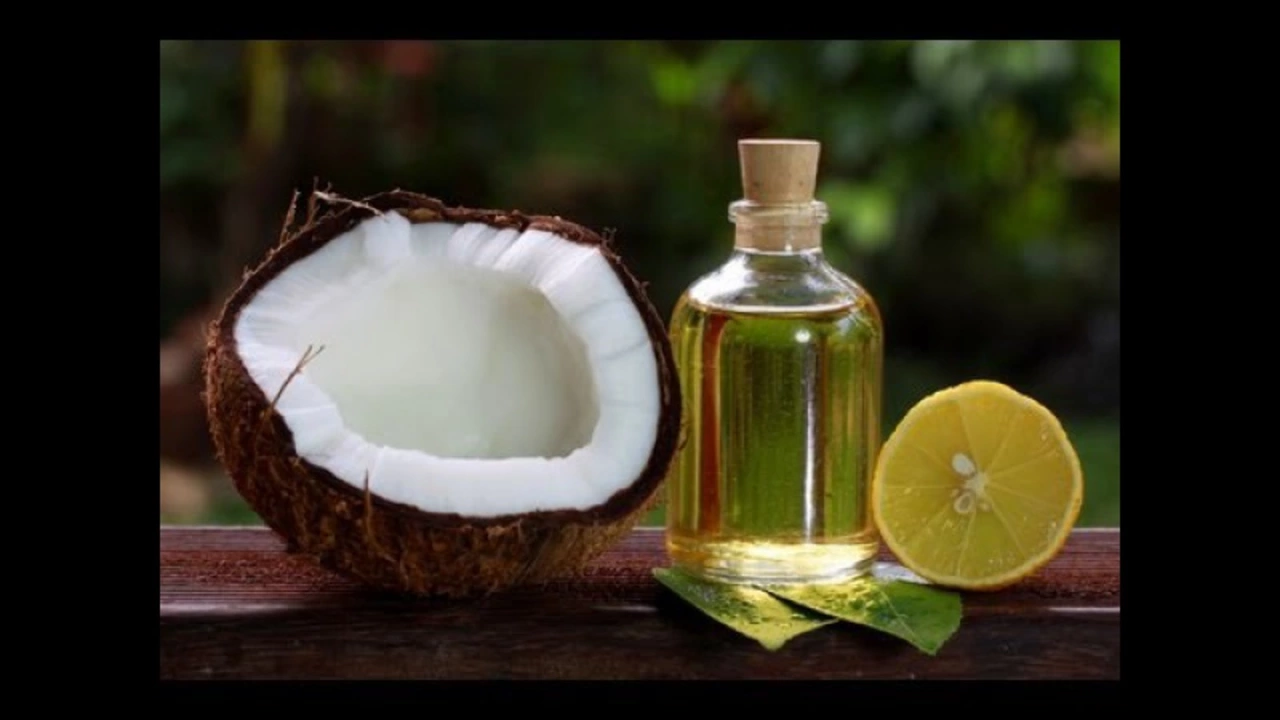Coconut Oil: What It Does and How to Use It Safely
Coconut oil is everywhere — in kitchens, bathroom cabinets and on social feeds. Some people swear it’s a miracle cure; others warn it’s just saturated fat. Here’s a practical, no-nonsense look at what coconut oil actually does, where it helps, and where to be careful. You’ll get clear tips for cooking, skin and hair use, plus safety advice you can use today.
Eating and cooking: when it helps (and when to hold back)
Coconut oil is high in saturated fat, mostly medium-chain triglycerides (MCTs). That gives it a reputation for quick energy, but it also affects cholesterol. If you like the flavor, use virgin coconut oil for stir-fries, light baking or roasting at moderate heat. Refined coconut oil handles higher heat without the coconut taste.
Practical rule: treat coconut oil like butter — a flavor oil, not your only cooking fat. For daily use, keep portions small: 1 teaspoon to 1 tablespoon a day if you want its flavor or MCT benefit. If you have high cholesterol or heart disease risk, talk to your doctor before adding it regularly.
Skin, hair and household uses that actually work
Coconut oil works well as a body moisturizer, lip balm, and a quick hair mask. It’s great for dry elbows, rough hands, or as an overnight hair treatment to add shine. For a basic hair mask, warm a tablespoon between your palms, work into ends, leave 20–30 minutes, then shampoo out.
Heads-up: coconut oil can clog pores on oily or acne-prone faces. Do a patch test before using it on your face. For makeup removal, it’s effective, but follow with a gentle cleanser if you’re acne-prone.
Some people use coconut oil for oil pulling (swishing a tablespoon for 10–15 minutes). Evidence is mixed; it may reduce bacteria and freshen breath for some people, but don’t expect dramatic results. Avoid swallowing the oil afterward.
Storage is easy: coconut oil solidifies under ~76°F. Keep it in a cool, dry place. If it smells rancid or off, toss it.
How to pick one: choose cold-pressed, virgin coconut oil if you want the coconut flavor and more natural processing. Refined works if you want a neutral taste and a higher smoke point. Look for clear labeling, minimal ingredients, and a reputable brand.
Quick safety checklist: don’t use as a face moisturizer if you break out; watch portions if you’re watching cholesterol; test on a small skin area before wide use; consult your doctor for regular dietary changes. If you have a tree-nut allergy, mention coconut to your provider — reactions are uncommon but possible.
Want to try it? Start small. Use coconut oil for a single recipe or one hair treatment and note how your skin, taste and digestion respond. If it helps, keep it as an occasional tool in your kitchen and bathroom — useful, but not a cure-all.

Unlock the Secrets of Coconut Oil: The Ultimate Dietary Supplement for a Healthier Lifestyle
In my latest blog, I delve into the incredible benefits of coconut oil, highlighting it as the ultimate dietary supplement for a healthier lifestyle. Renowned for its versatility, coconut oil is packed with health-boosting properties, from improving heart health to supporting weight loss. I also share tips on incorporating this wonder oil into your diet and discuss some popular misconceptions. Plus, you'll find some fantastic recipes that are not only delicious but also nourishing for your body. Join me as we unlock the secrets of coconut oil, your new ally in achieving a more vibrant and healthier life.
